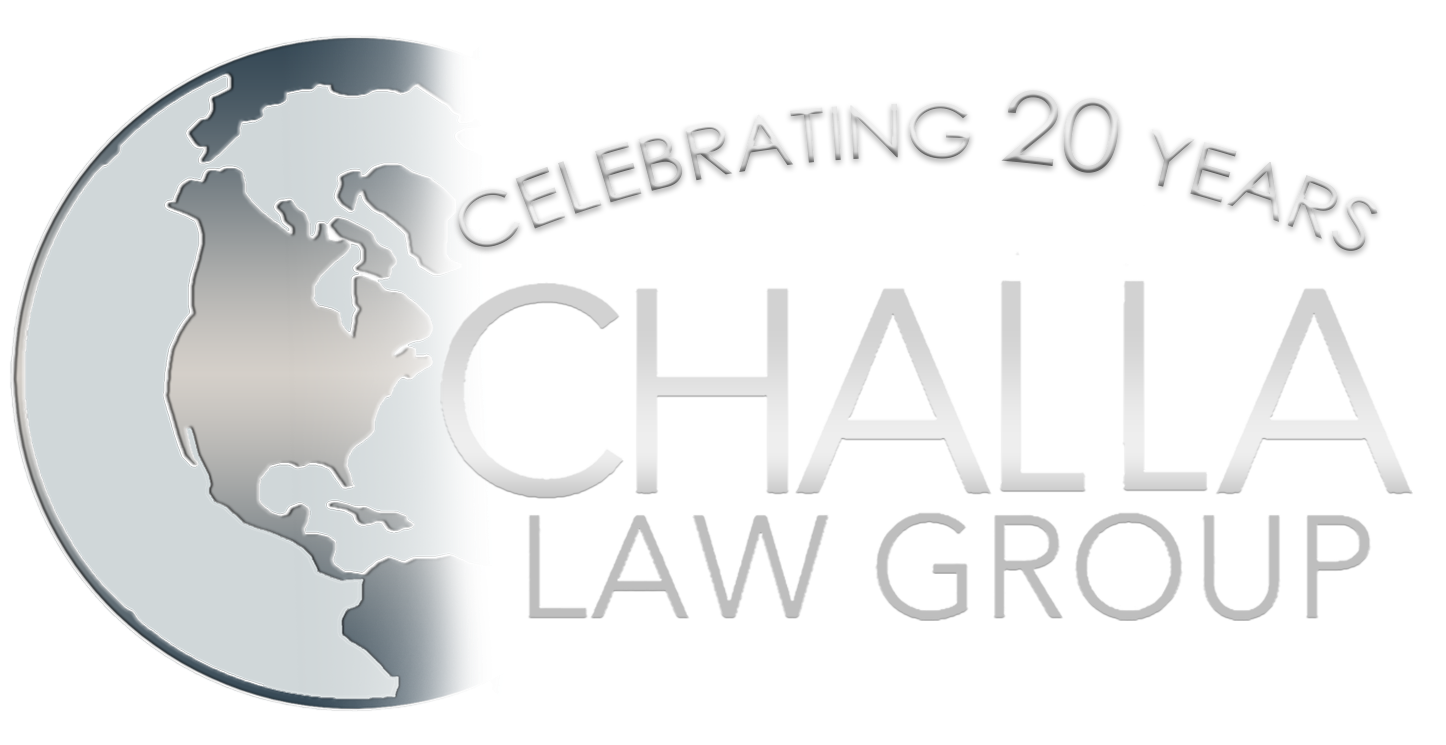USCIS has been experiencing severe delays in issuing receipt notices, typically created and mailed to the applicant, petitioner, or beneficiary within 30 days. The agency provided the below update on January 8, 2021.
Due to the COVID-19 pandemic and other factors, USCIS is experiencing delays in issuing receipt notices for some applications and petitions filed at a USCIS lockbox facility. The information below explains the current state of our lockbox operations and the issues affecting receipt notices.
Current Situation
As a result of COVID-19 restrictions, an increase in filings, current postal service volume and other external factors, you may experience a delay of four to six weeks in receiving your receipt notice after properly filing an application or petition with a USCIS lockbox. These delays will not affect the receipt date which is determined pursuant to 8 C.F.R. 103.2(a)(7). Delays may vary among form types and lockbox locations. In some cases, you may experience significant delays if you filed a non-family based Form I-485, Application to Register Permanent Residence or Adjust Status, or Form I-765, Application for Employment Authorization, based on eligibility categories described in 8 C.F.R. 274a.12(c)(3), relating to F-1 students.
The health and safety of our workforce remains a top priority. Across all USCIS offices, including lockbox facilities, the agency has taken necessary measures such as increased social distancing and frequent cleaning in accordance with the Centers for Disease Control guidance to mitigate the spread of COVID-19. Some lockbox operations in locations that have been severely impacted by COVID-19 must adhere to stricter local guidelines.
What USCIS Is Doing
The USCIS lockbox workforce¹ is working extra hours and redistributing its workload in order to minimize delays. Once we open and process your application, we print and mail the receipt notice. We do not anticipate any receipting delays that would result in a payment that is past its validity date.
What You Can Do
If you have already filed your application and are waiting for your receipt notice, we appreciate your patience. We are working as quickly as possible to complete the intake of all filings.
You can take steps to decrease the time it takes us to process and send your receipt notice or find out the status of your case:
Finally, visit our Form Filing Tips webpage for more information on filing with USCIS and our online tools for help in managing your application.
¹The USCIS lockbox facilities located in Chicago, Illinois; Phoenix, Arizona; and Lewisville, Texas, are operated by a Department of Treasury designated financial agent, plus federal staff.
__________________________________________________________________________________________________
Join us on Wednesdays for a live webinar at 12 PM ET on critical immigration updates

Don’t miss out on the immigration news! You can sign up for our mailing list or follow us on Facebook, Twitter, Instagram, YouTube, or LinkedIn. You can also join our Telegram community.
Contact us atinfo@challalaw.comor 804-360-8482 to get your case started today.





